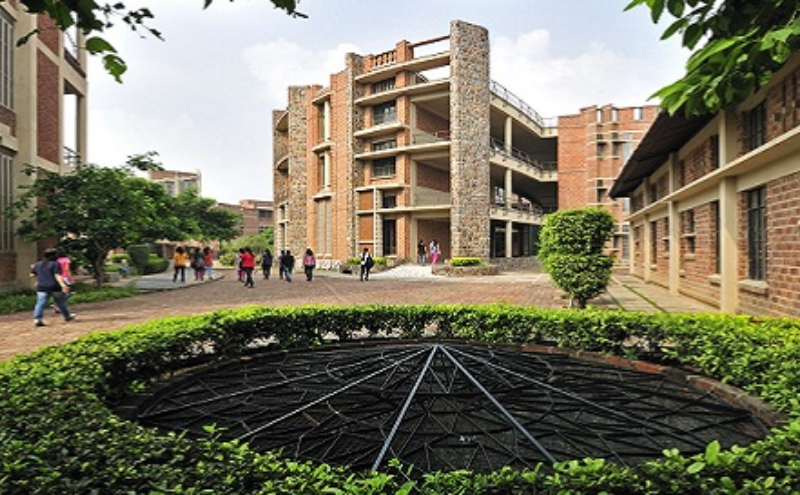Why AKG Engineering College Prizes Their Ex-Soldier Head, Even At 60 Plus
This is not an article about AKG Engineering College, nor is it written in collaboration with them. It is about sharing what I learned when I visited the College – that an ex-soldier is perhaps one of the best options to lead an educational institution of any size or kind, and why that is so! (This is certainly without meaning to say that persons other than ex-soldiers are not).
Sometime back, I visited AKG Engineering College (AKGEC) in Ghaziabad, Uttar Pradesh (India) I wanted to hire freshers for my companies, and since AKG was close by, I thought, why not from there. Besides, as an ex-soldier myself, I just wanted to pay my regards to another veteran, their then Principal (now Director General), Group Captain (Dr) RK Agarwal (Retired), an ex-Indian Air Force officer.
The moment I entered the College, I was struck by the level of orderliness everywhere. The buildings, grounds, gardens and facilities, yes even the staff, were well organised and meticulous. Everything was thought through and arranged beautifully. It was also one of those rare places where the security check-up was conducted meaningfully. The guard supervisor was courteous, but firm, saying, “Sir, this will take just a minute, but we have to do our duty!”
At the Principal’s office, after exchanging pleasantries, Group Captain, Dr RK Agarwal and I discussed the purpose of the visit. The latter was obviously on top of all College activities. Once I explained what I wanted, the Principal, rather than noting down my requirement for later, said, “We too are always seeking good companies. If you are game, why don’t we go around and meet the concerned people right away, so that you can start hiring immediately?”
Such promptness is rare. Anyhow, my 1 hour meeting with the Principal extended to over 4 hours. And in that time, apart from getting what I had come for, I had seen for myself the impact that this ex-soldier was having on the institution:
- All the students seemed extremely engaged with the administration. They went out of their way to greet us. A group clicking photographs even asked us to join in (do youngsters even do that, these days, I thought to myself). The staff and the HODs exhibited similar engagement and enthusiasm.
- Students everywhere were up to innovative stuff, experimenting with new technologies, and doing projects in collaboration with industry. This was obviously supported from the top.
- Everything else, in general was in fine fettle, too.
I came away from that visit very impressed, and convinced that a dedicated ex-soldier could be a great asset at the helm of any such institution. The 6 main reasons, which I thought made a veteran eminently suitable, are as follows:
- Strategy and Planning: Nothing happens without a well thought out strategy and meticulous planning. It spells the difference between defeat and victory. Soldiers are taught this from day one.
- Decisiveness and Action: Everything finally boils down to taking decisions and acting upon them. Not everything goes right always, or as planned. But then, that is what leaders are for – to learn from mistakes and do better the next time.
- Processes and Procedures for Operational Excellence: You need systems, processes and procedures to ensure that whatever you create, works efficiently, repeatedly, and lasts. The Armed Forces are the epitome of such lasting excellence.
- Innovativeness: Processes and procedures make innovativeness easy. With the routine out of the way, it is easier to experiment with new things and to get them going.
- Excellent Man-Management: Collaboration, Delegation, Fairness, Accountability, Appreciation, Recognition and Mutual Respect – these are words that are spoken of often, but acted upon seldom. It takes people to run systems, processes and procedures. So man-management is critical. If you can enthuse a team, then they will far exceed whatever you expect as a leader. Soldiers manage teams at all levels and learn this very early on.
- Commitment and the Spirit to “Do or Die”: Above all, stands commitment. I think this is what most separates a soldier (or a soldier at heart – who may not wear a uniform, but carries the same values) from others. A soldier may not know how to do something, or may lack the ability and the skills. But with the spirit and the commitment to overcome the impossible, you always find a way. When you commit to doing anything to succeed, the people and things around you tend to bow to that sheer commitment, and fall in place. That is what the soldier learns, practices and experiences, again, and again.







